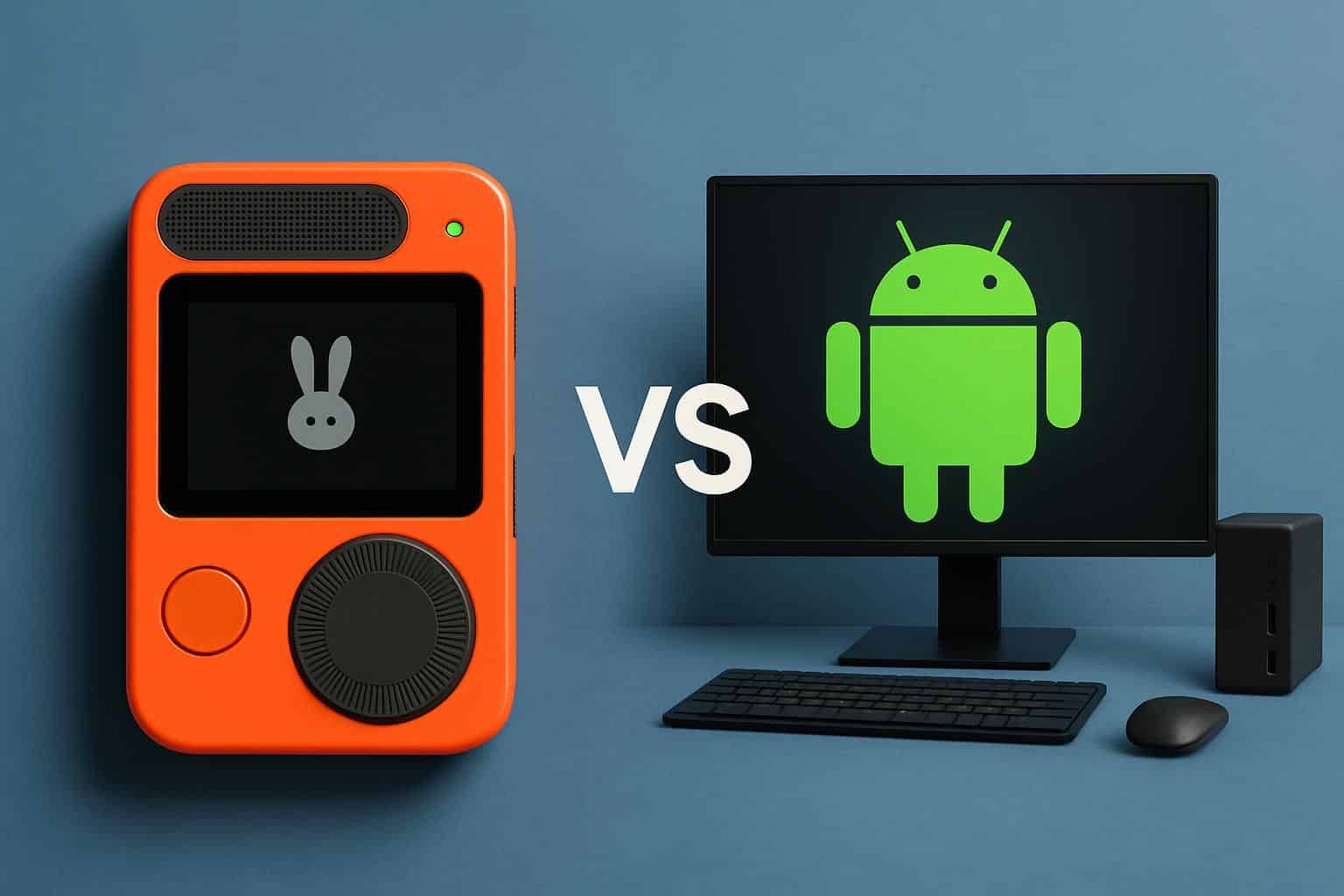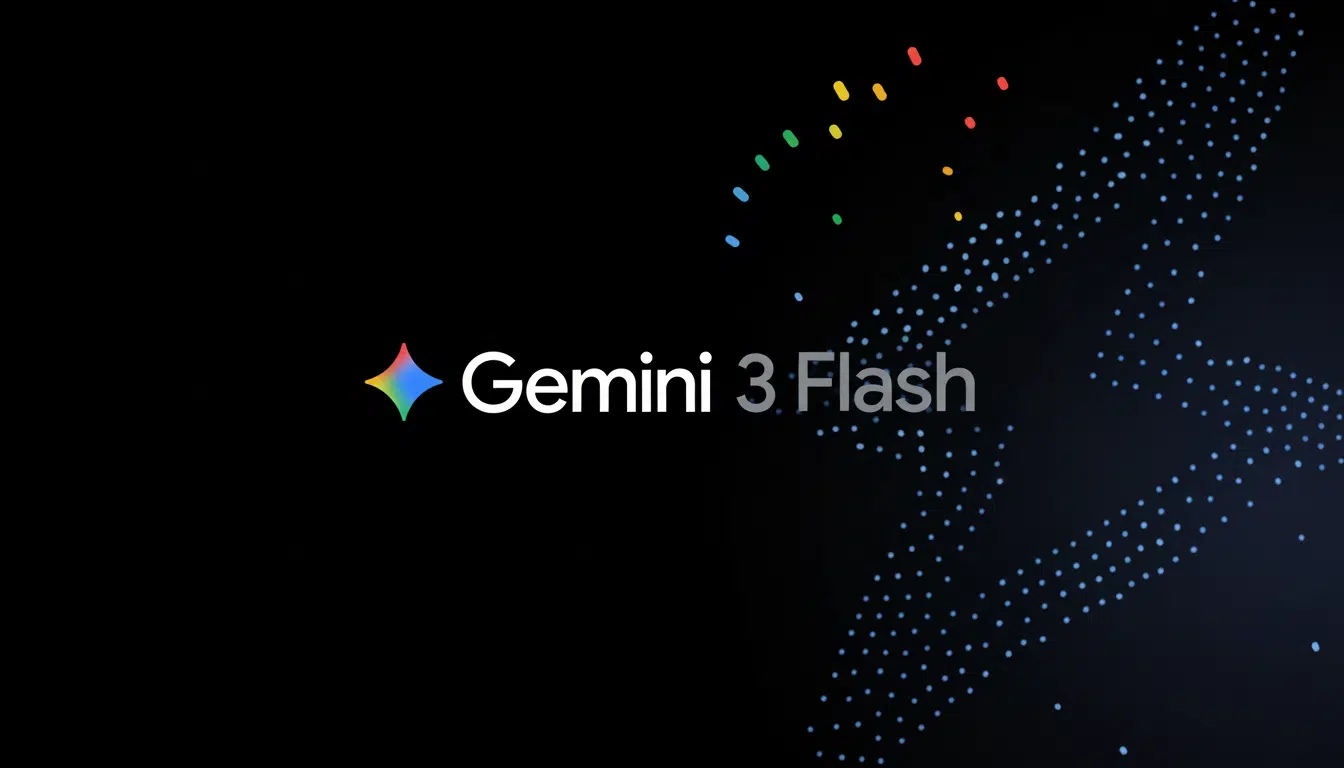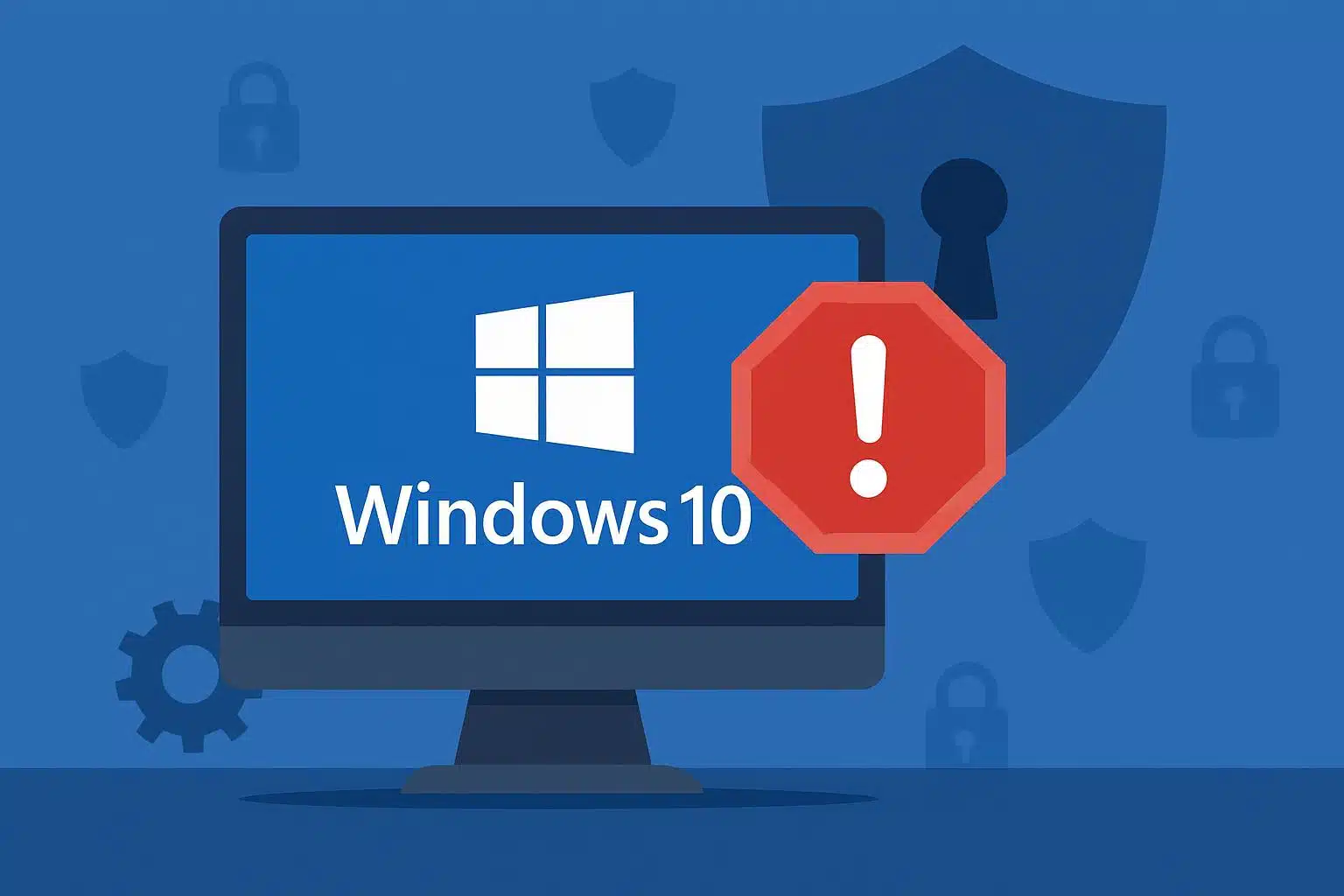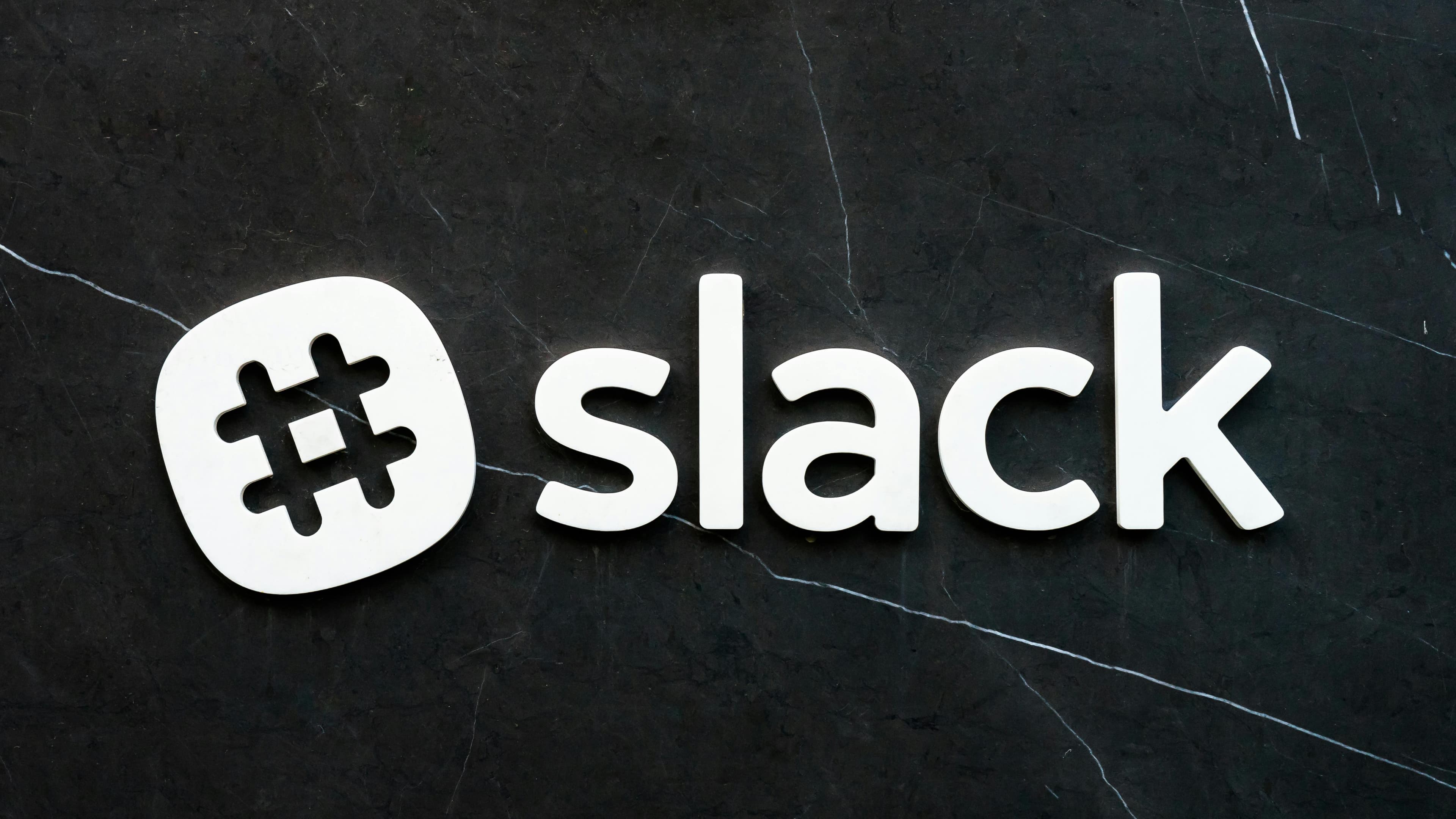Google’s recently unveiled but quietly developed Computer Control system is a stepping-stone to a time when your phone can be tapping away at apps on its own, in the background, and doing so reliably, securely, and with great speed. Now in practice, it looks like a more capable version of what the Rabbit R1 promised: an AI-powered assistant that taps, scrolls, and otherwise takes care of business on your behalf without needing to be held by the hand.
While bespoke “AI gadgets” grappled with latency, narrow app coverage, and redundancy, Android’s implementation weaves automation directly into the operating system. And it is that tight integration that turns the flashy demo into a reliable feature.
How Android’s Computer Control Works, Really
Computer Control is based on Android’s Virtual Device Manager, a system service that debuted with Android 13, which can boot virtual displays distinct from what shows up on your phone. Google already employs this plumbing for App Streaming on Chromebooks and the Connected Camera feature found in recent Pixels, as official Android and Chrome OS documentation reveals.
Through Computer Control, a trusted client initiates a session on an allocated virtual screen. The system injects touch and key events via virtual input devices, and it gives the AI agent access to raw frames from that display so the agent can analyze what is on screen. Most importantly, there’s also a mirrored, two-way display: you can watch the automation take place in real time and even take control without disrupting the agent’s workflow.
This pattern helps steer clear of the hacky combination of the Accessibility and screen recording APIs that were used in early prototypes. It also allows unattended jobs—sessions can remain interactive while the physical device is locked after you’ve approved the client. Meaning the phone doesn’t have to be “held hostage” by a visible macro that can be interrupted every time we get any notification.
Why It’s Better Than Rabbit R1 at Its Own Game
The pitch for the Rabbit R1 is simple: a voice-led assistant that does things in apps on your behalf. However, reviewers and early users reported sluggish performance, limited service support, and a strong dependence on client-side automation that resulted in inconsistent success. It also created yet another thing to charge and lug around, despite the fact that its core value was meant to be working with the apps you already use.
It’s Computer Control, except Android does the flipping. It doesn’t put a newfangled gadget in the mail; it weaponizes the thing you already have. As a system framework, it can route inputs accurately, keep sessions stable across configuration changes, and eliminate the breakable behavior common among overlay-based automation. You get less latency, fewer failures, and no extra hardware cost.
There’s also an easier path to depth. An OS-level controller can reach any app on Android without every developer having to create their own special “skills.” And when combined with multimodal models like Gemini — a direction Google previewed with Project Astra at its developer conference — Computer Control can transform natural language into generalized, cross-app actions.
Security, Privacy and Real Oversight for Android Computer Control
Automation this powerful needs guardrails. Computer Control would need a new, strictly limited permission that only whitelisted, cryptographically trusted apps could possess. Even then, a user must specifically authorize each client’s access to all data — once or any time in the future.
Android can also lock a session down to one target app, stopping a rogue agent from poking into your banking or messaging apps. And the mirrored interactive screen provides continuous supervision — watch an agent work, interrupt as necessary, and make sure it’s hitting those buttons. That’s a big step above throwing server-side blind runs at the problem.
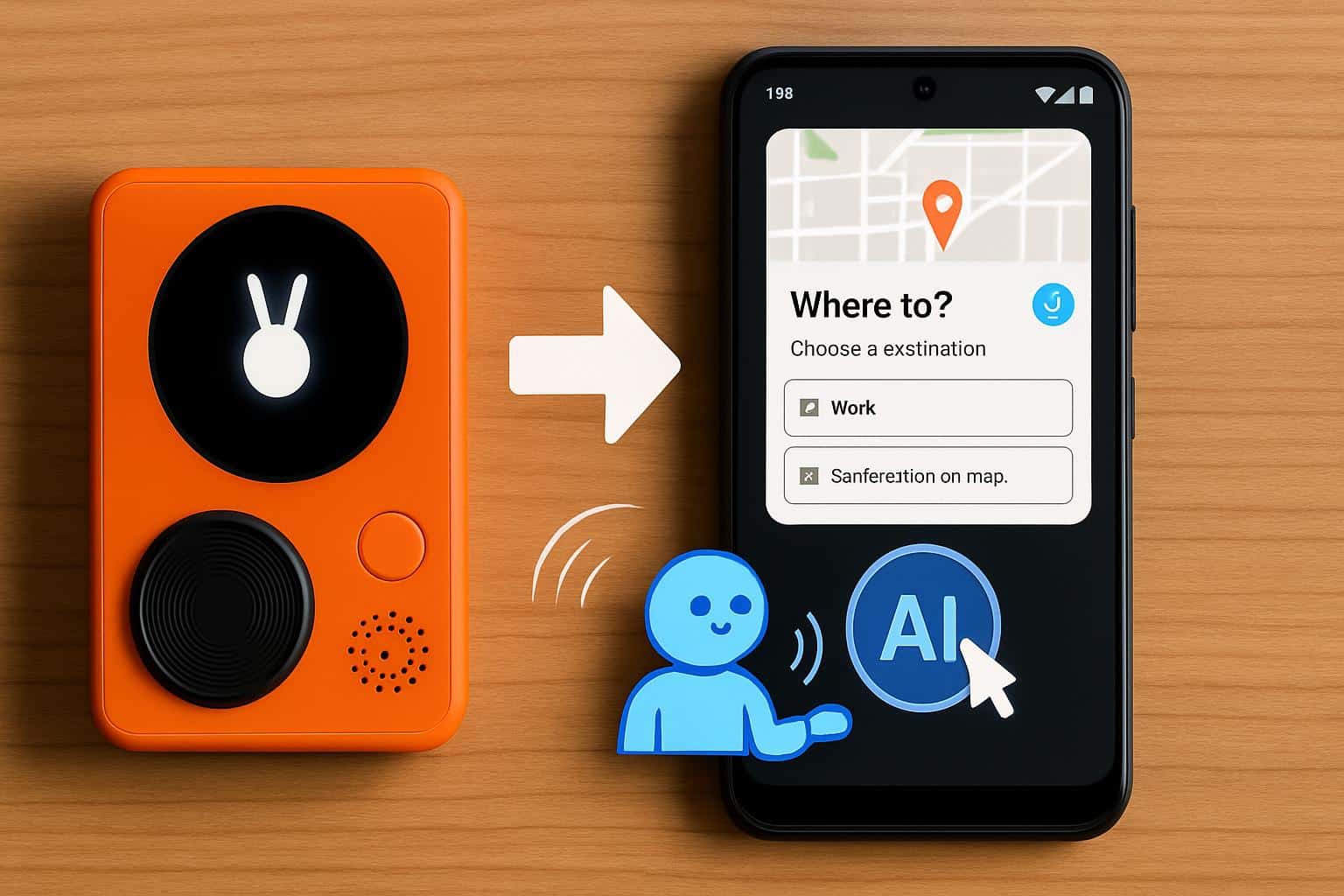
What This Allows in the Real World for Android Users
Consider the chores we all loathe: the hassle of filing for a travel refund, deciphering a hospital portal, uploading receipts, batch-renaming photos, or booking a table while cross-checking calendar constraints. An efficient agent can guide these actions from end to end and across multiple apps without you juggling screens.
Accessibility is even better off. For people with disabilities, system automation that actually works is more than a convenience — it empowers us. The limits of the Accessibility API for general-purpose automation have long been cited by advocacy groups and accessibility researchers; an improved, first-party framework directly mitigates that deficit.
Businesses, too, have a path to supervised workflows — think of a help desk tool that’s able to triage tickets based on doing what employees are already doing in apps they are already using, for example; or the field service app that automates device provisioning steps and audits compliance as it does so.
Local and Cloud — a Most Likely Timeline for Computer Control
And whether “computer” in Computer Control means your phone, or PC, or a really secure cloud is still up to you.
The framework supports remote analysis by sending frames to another device, but it also integrates naturally with on-device models like Gemini Nano for privacy-sensitive applications. Expect some of each: local for speed and confidentiality, remote for greater processing.
Recent code changes in Android betas and the Android Open Source Project indicate that Google is building scaffolding, with wider availability to be timed against a future platform release.
It’s the sort of fundamental feature that tends to hit Pixels and OEM partners first, before wider adoption.
The Bottom Line on Android’s Computer Control Evolution
Rabbit R1 drew it, Android’s Computer Control is paving it.
By making agentic automation part of the operating system, with trusted permissions and virtual displays, mirrored oversight, and deep integration, Google is taking a gadget gimmick into platform capability. If AI agents are going to be the ones driving your apps, they should do it where your apps actually exist.
